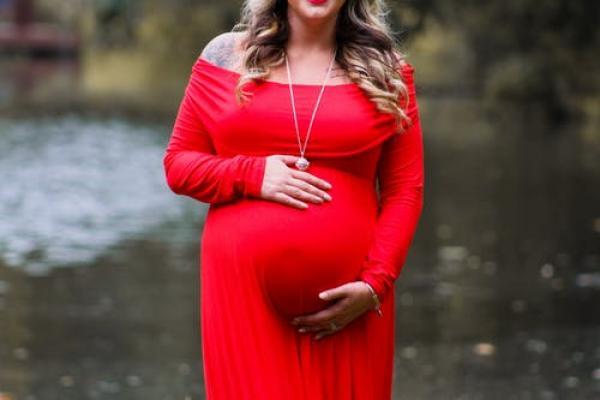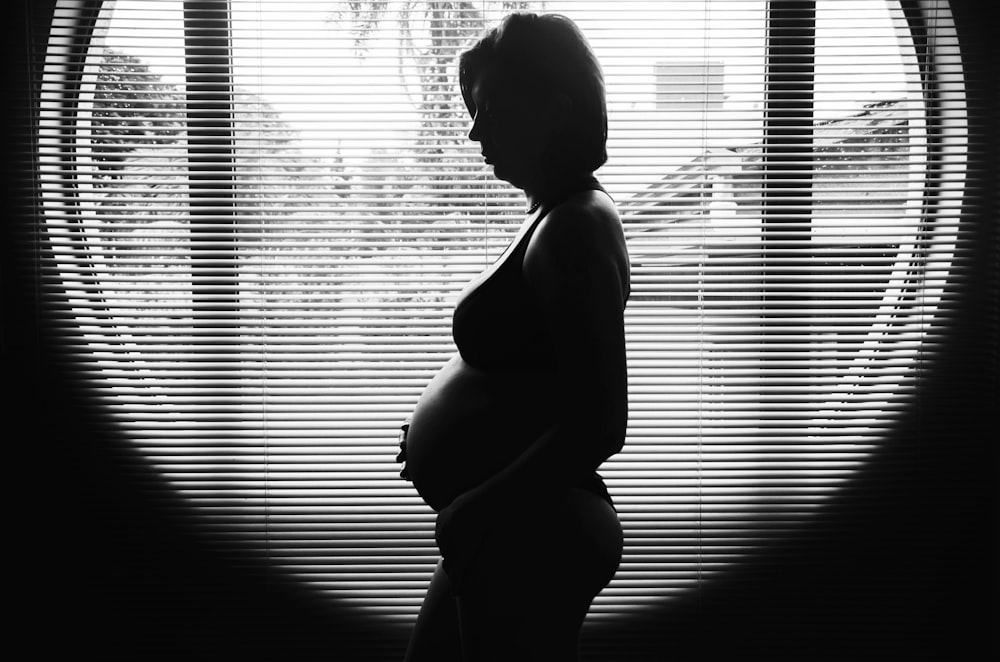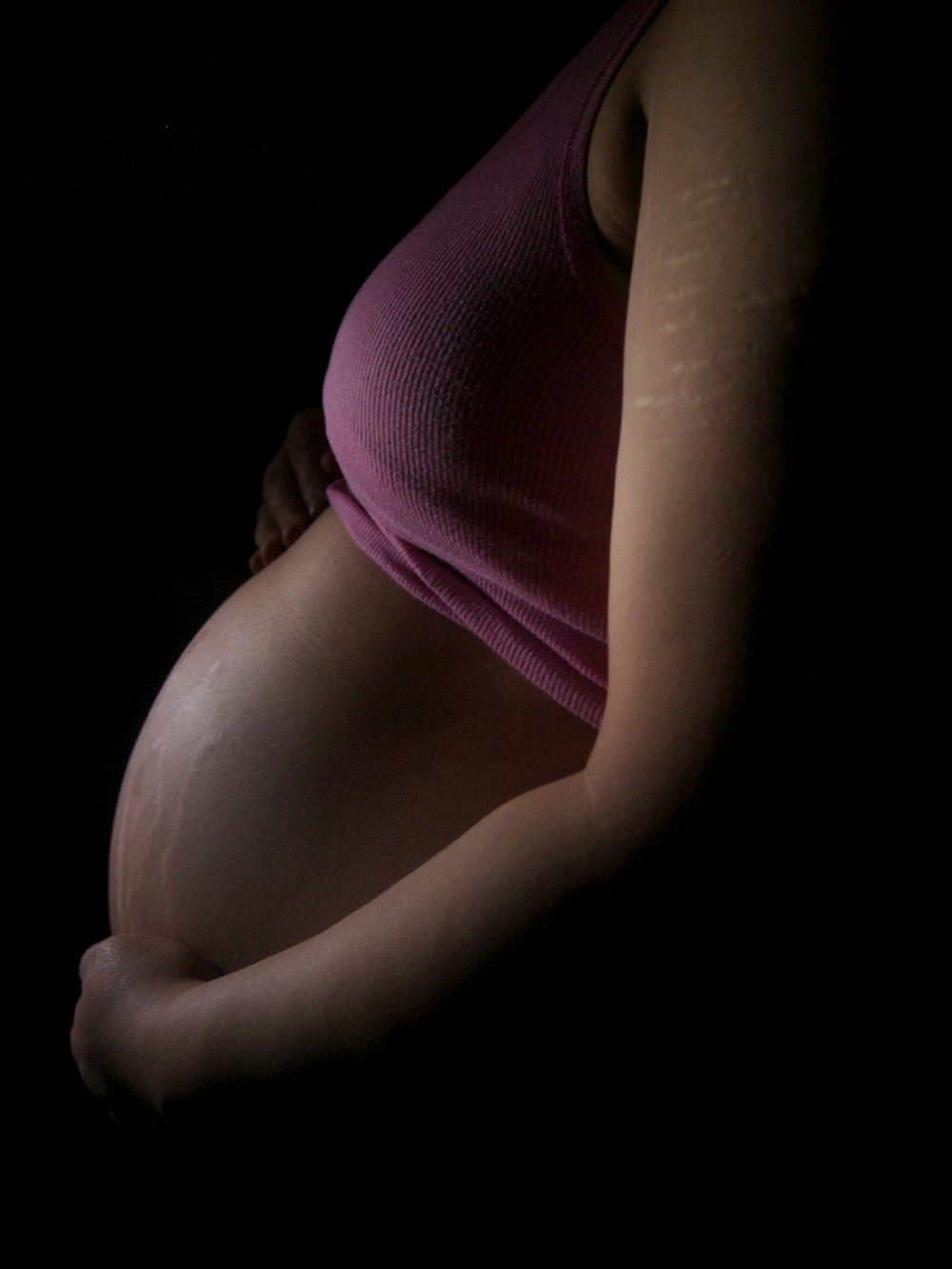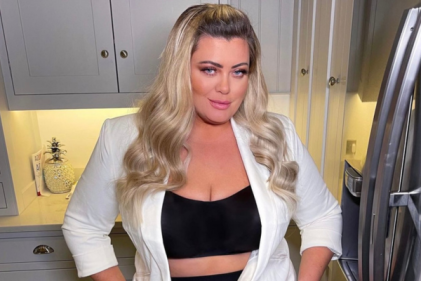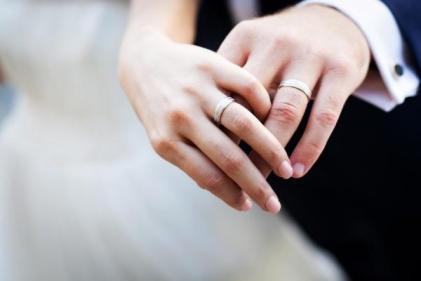I have always been fascinated by human statistics, especially surrounding things like birth. For example, the post-war baby boom between 1946 and 1964 is a traditional increase in children seen throughout history after a prolonged period of violence. Economists suggest that this particular boom was due to the fact that women had begun to take on jobs during World War II and continued them after their husbands returned home, resulting in many families becoming a two-income household. This meant there was more money than there had been during the Great Depression of the 1930s (in the States) and the war, allowing couples to provide for more children. Others maintain the boom was due to the sharp increase in marriages which occurred in 1940, and the lack of contraception available.
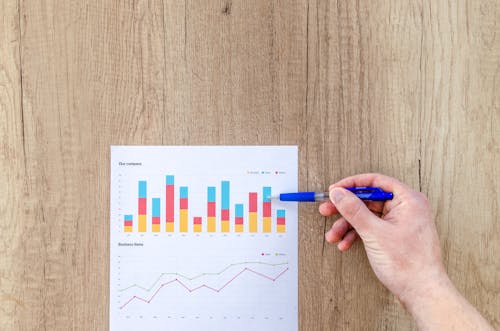
Regardless, the rise and fall of birth rates is a fascinating thing that generally reflects the major socio-economic and political events of the day. But what about the mother's birth ages? What are the political, economic, social and cultural factors that go into women's decisions to have children at certain ages? Why has the average age been increasing the last few years? And will it continue to go up?
A recent statistics analysis conducted by the Office for National Statistics in England and Wales has found that the 2019 standardised mean age of women giving birth had increased to 30.7 years. The standardised mean/average age is a measure that eliminates the impact of any changes in the distribution of the population by age and therefore enables trends over time to be analysed. Standardised means are calculated using rates per 1,000 female population by single year of age of mother.
The average age of women giving birth has been rising since the 1970s, in the baby 'slump' that followed the post-war baby boom. In the 1970s, 47% of children being born were to mothers aged 25 years or under. By 2000, that age had risen to 28.5.
So why is this? Since this statistics recording began in the 1964, there have been many social, cultural and economic changes. Independent living has become a much more popular option in Britain, with the number of people living alone rising from 18% of all households in 1971 to 29% in 2009. There is also an increase in the amount of people continuing on to higher education. In 1970/71, there were 621,000 students in higher education; while in 2007/08 there were 2.5 million students in higher education in the UK. There is a link between these two factors: Women enrolled in higher education are much more likely to delay cohabitation, marriage and childbirth.
Of course, there are also the factors of increased use and availability of contraception, as well as less people getting married (down 2.8% from 2016 to 2017 and has been in decline since 1971). The average age that people are getting married at is rising (aged 36-38 average in 2014) and there has also been a cultural and scientific shift in the last few decades. The influence of more women participating in higher education and therefore actively participating in the career ladder, as well as the effects of increased scientific research is being felt. Age is no longer the barrier it was and the comments about 'the clock ticking' are no longer relevant. The availability of IVF and other fertility treatments means that women have more options than ever, between freezing their eggs and sperm donors.
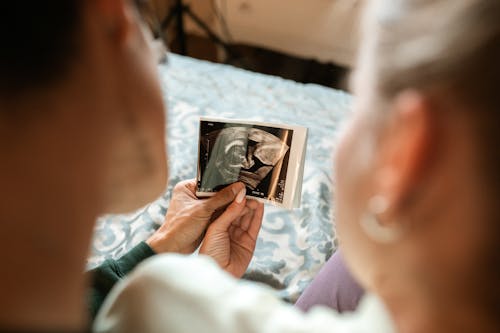
Some things, however, haven't changed. What is interesting is that average age of fathers has not changed since 2018, remaining at 33.6; with both the father's and the mother's ages being record highs. Since the records for standardised mean ages for both mothers and fathers began in 1964, the age difference has remained consistent over time. In 2019, as it has been since the early 70s, the average age difference between the mean age of mothers and fathers was roughly 2.9 years.
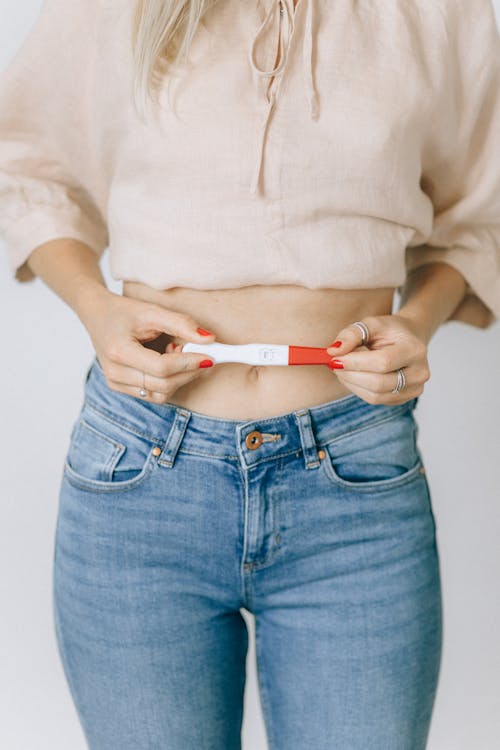
But what will 2020 bring? People predicted a pandemic baby boom, with news seemingly everywhere that one celebrity or another was pregnant. We were all home more than ever together, allowing for more time together and downtime in order to conceive, but will the fear and worry about the future have affected those birth rates? Will we see a reversal of the baby birth decline? Only time - and the incoming statistics - will tell!

